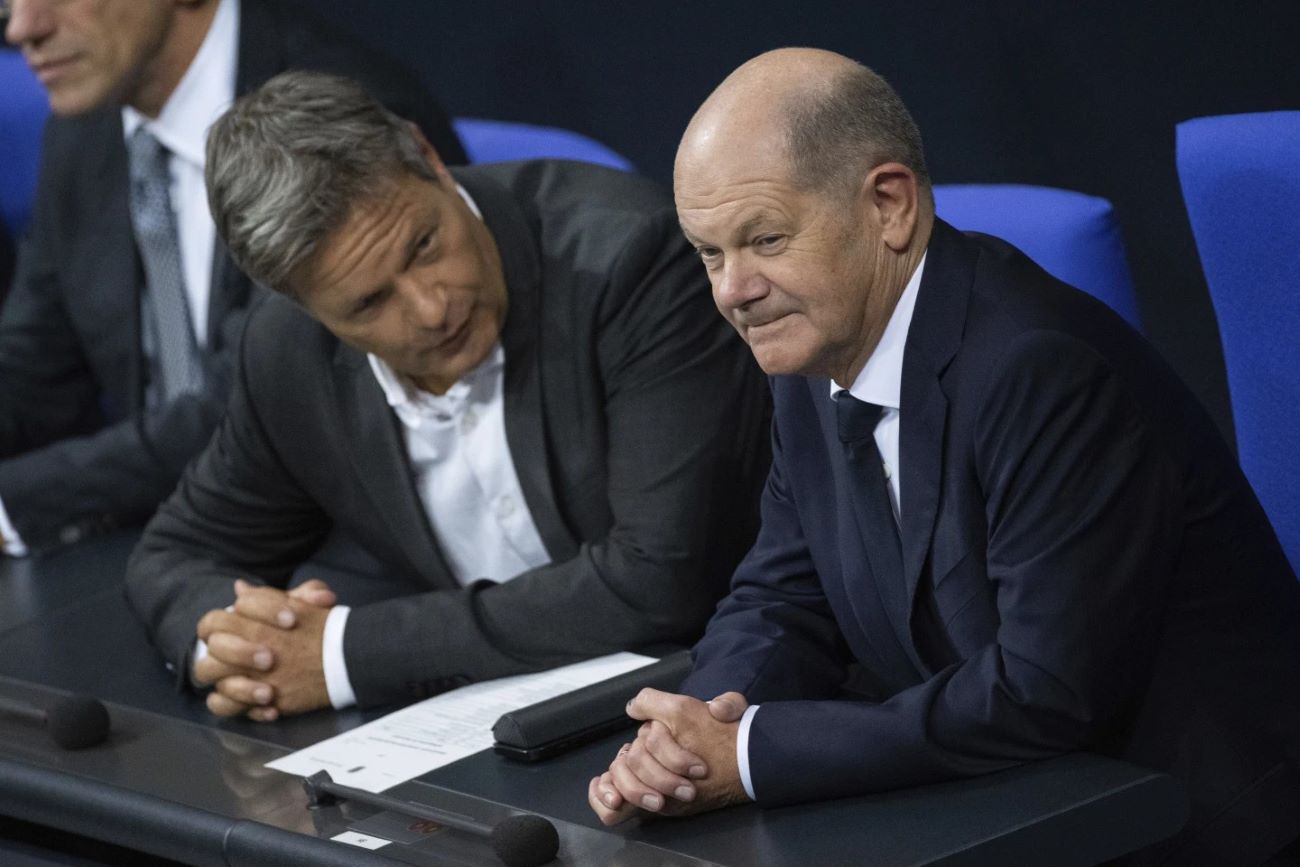
The European Commission forecasts a modest recovery for the EU’s economy, with inflation expected to fall by more than 50% in 2025, while unemployment has reached a record low. However, rising geopolitical tensions and the specter of global protectionism loom large, threatening to disrupt the region’s fragile rebound.
The latest report, released Friday, highlights significant progress on inflation control. Consumer prices in the EU, which surged by 9.2% in 2022, are projected to rise just 2.4% by 2025—approaching the European Central Bank’s target of 2% for the euro area. Meanwhile, EU unemployment hit a historic low of 5.9% in October.
Yet, the economic outlook remains precarious. The bloc’s open economy is particularly susceptible to protectionist measures, a concern amplified by Donald Trump’s recent re-election in the United States. Trump’s campaign promises to impose a 10% tariff on imports, including those from the EU, have cast uncertainty over global trade. EU Economics Commissioner Paolo Gentiloni cautioned that “a possible protectionist turn in US policy would be extremely harmful for both economies.” However, he emphasized the bloc’s readiness to address emerging challenges while advocating for continued economic integration as a stabilizing force.
The European Commission finalized its projections in October, prior to the US elections, and therefore did not factor in these potential policy changes. The report also noted the lingering effects of rising energy and food prices, exacerbated by Russia’s 2022 full-scale invasion of Ukraine, which continue to strain EU households. These pressures, coupled with recent shocks, have driven a cautious approach among consumers, who are saving more and spending less.
Germany, the EU’s largest economy, remains a key concern. The forecast predicts sluggish growth for Germany, with GDP increases of only 0.7% in 2025 and 1.3% in 2026. Weak domestic and foreign demand for manufactured goods and labor shortages in the construction sector are cited as primary causes. Adding to the uncertainty, Germany is also grappling with political turmoil following the resignation of liberal coalition partners, which led Chancellor Olaf Scholz to call early elections for February 2025.
The economic challenges come in the wake of EU elections earlier this year, which saw a significant rise in far-right support, fueled by voter dissatisfaction over the high cost of living. While the European Commission remains optimistic about inflation stabilization and unemployment rates, it warns that geopolitical risks, domestic uncertainties, and protectionist pressures could undermine the bloc’s gradual recovery.



wonderful points altogether, you just received a new reader. What might you suggest in regards to your put up that you simply made a few days in the past? Any certain?